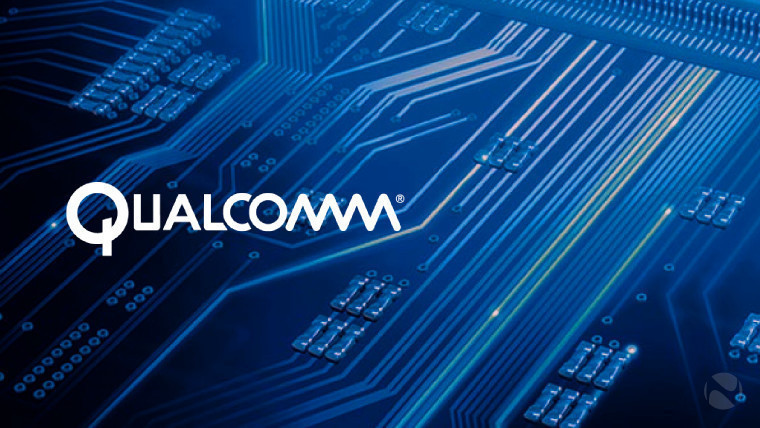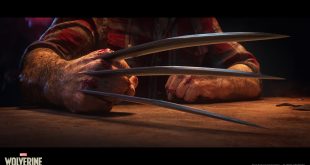Last month, Qualcomm set in motion a range of cost cutting tactics in hopes of saving $1 billion, resulting in over 1,500 workers being made redundant. Now, it seems that the chipmaker is thinking of bowing out of the server chip market entirely due to stiff competition.
Qualcomm has made quite a name for itself in the chip market, often seen dominating mobile processors. It is still relatively new to the data centre server market, however, which it seems to be struggling to get a foothold in thanks to Intel currently steering the market with a 99 percent share, according to Bloomberg’s inside sources.
The push into the server market began with Qualcomm’s interest in implementing similar ARM-designed technology used within smartphone chips into servers instead, helping with high-end computing. This began with the Centriq 2400, which released last year to better compete against Intel’s Xeon lineup. Microsoft expressed interest in Qualcomm’s offering, but the chipmaker has yet to release any statistics surrounding its sales.
It’s clear that the Centriq 2400 hasn’t sold enough to qualify data centre servers as a core focus for Qualcomm, which has led to internal talks within the company pertaining to whether or not it will withdraw itself from the market.
The sources didn’t indicate when the company plans to come to a decision, which won’t be taken lightly given that the company is currently too heavily reliant on its Snapdragon SoCs, featured in Android smartphones, as its primary source of income.
KitGuru Says: This leaves Qualcomm in a bit of a pickle, with the company needing to diversify to ensure long-term survival, yet seemingly not having the profit margin for diversification. The server chip market might be just what Qualcomm needs, but perhaps now is not the right time.
 KitGuru KitGuru.net – Tech News | Hardware News | Hardware Reviews | IOS | Mobile | Gaming | Graphics Cards
KitGuru KitGuru.net – Tech News | Hardware News | Hardware Reviews | IOS | Mobile | Gaming | Graphics Cards



